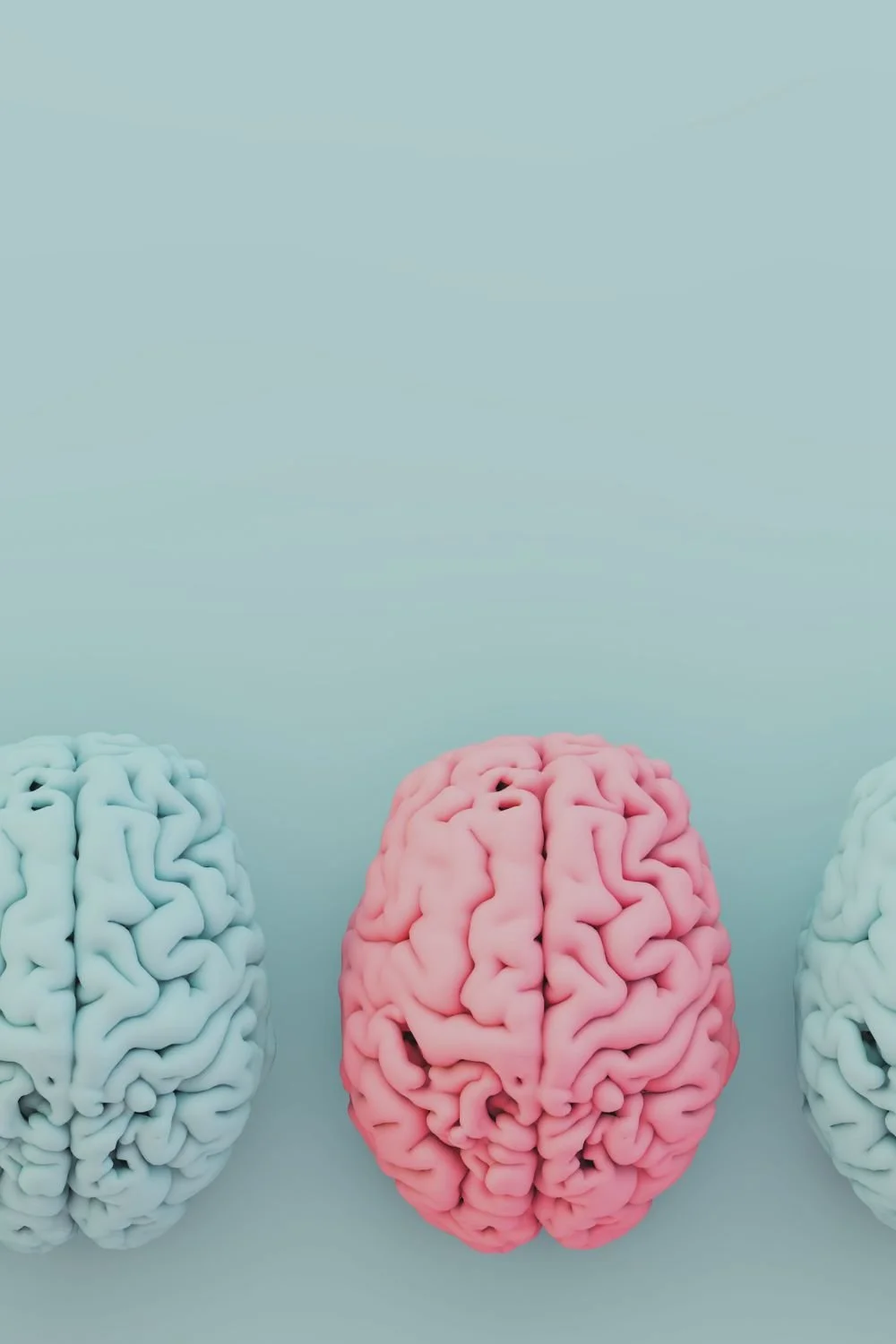This blog explores whether repeated ketamine infusions are safe over time, plus stresses the importance of communicating with your provider about any potential side effects.
Ketamine's Effect On The Brain: A PTSD Study
What You Need To Know About Ketamine For PTSD
Post Traumatic Stress Disorder (PTSD) affects the lives of many people worldwide. Shockingly, more military personnel die by suicide than in combat. Many treatments have been subpar in the past, however, ketamine may be an alternative treatment option for those who are still struggling. But there are some caveats and considerations that need to be taken before jumping on the ketamine bandwagon.
Ketamine's Experiential Effect on Healing
Traumatic experiences can cause a severe disturbance to the human psyche and soul. The overall lifetime prevalence of post-traumatic stress disorder (PTSD) is at 6.8% in the United States. The rate of PTSD is significantly higher in females (5.2%) versus males (1.8%). This stems not only from military experiences, but physical and emotional abuse, bullying, shaming, interpersonal violence, sexual trauma, and criminal acts.
Ketamine Reduces Fearful Memories
Patients who suffer from post-traumatic stress disorder (PTSD) are plagued with flashbacks, arousal dysfunctions, and avoidance symptoms. Unfortunately, there are few treatments that effectively treat all of PTSD’s symptoms. Research presented at the Society for Neuroscience suggest that ketamine may aid in ridding patients of fearful memories at the root of this disorder.
Ketamine's Role in PTSD Treatment
Post-traumatic stress disorder (PTSD) is a chronic disorder that arises after severely stressful events. PTSD is characterized by its disabling effects—hyperarousal, avoidance, and re-experiencing symptoms. Affecting an estimated 7.8% of the general population, PTSD is particularly diagnosed among people who have experienced interpersonal violence. Survivors who suffer from PTSD do not have many options in reducing PTSD symptoms, because few modern pharmacotherapies—treatments using drugs—are effective.






